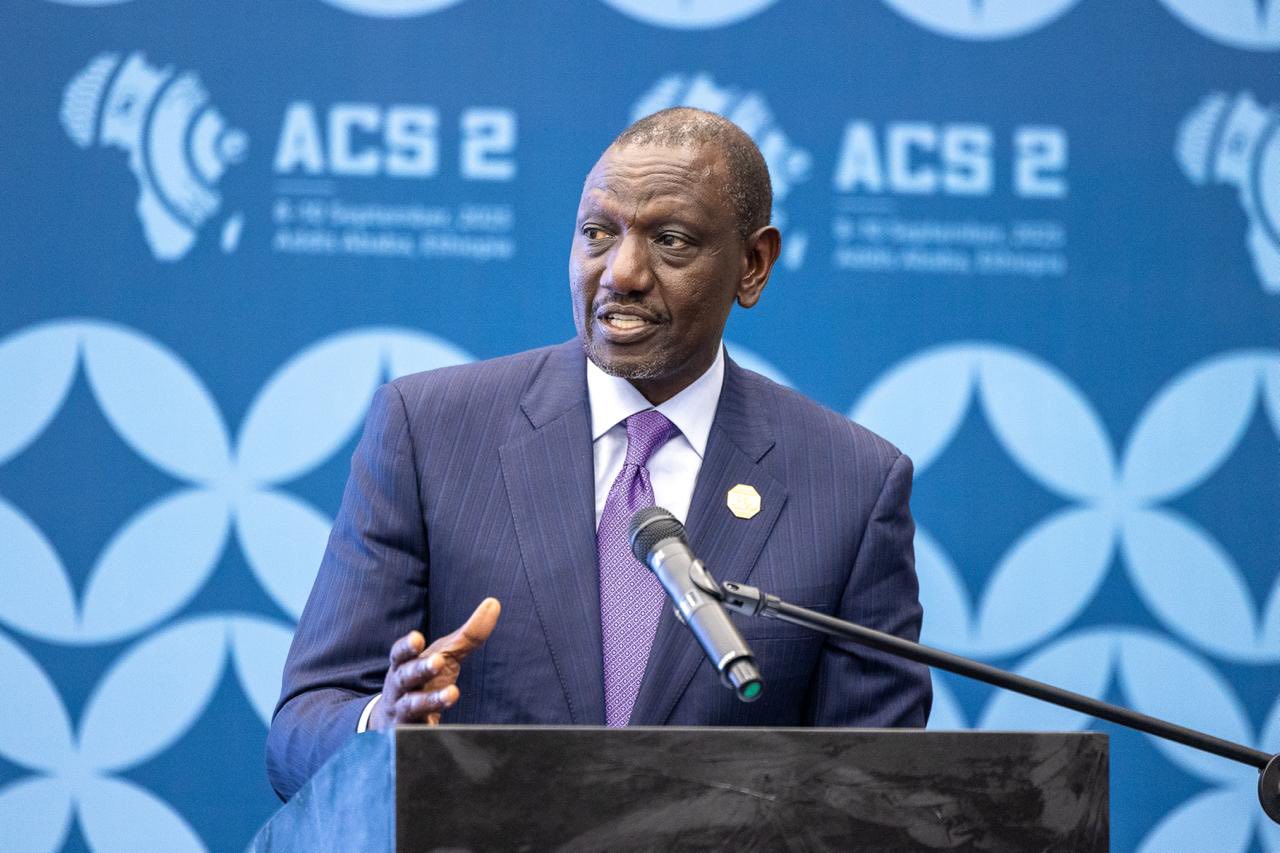Kenya is seeking to expand its clean energy partnership with Ethiopia through a new power purchase deal from the Grand Ethiopian Renaissance Dam (GERD), as President William Ruto hailed the project as a symbol of Pan-African ambition and regional integration.
Speaking at the inauguration of the GERD, President Ruto commended Ethiopia’s government and people for delivering what he described as a monumental achievement.
“I want to commend the people, government, and more particularly, Prime Minister Abiy Ali, for this monumental achievement. Listening to you, PM Abiy, you not only inspire your own people in Ethiopia, you inspire our people in the region,” said President Ruto.
He noted that the GERD, financed largely through locally mobilised resources, stands as more than a national project, calling it “a Pan-African statement” that embodies the scale and ambition of African-led infrastructure.
The Kenyan leader emphasised that, despite Africa’s vast renewable energy potential, the continent accounts for only 6% of global energy consumption.
Over 600 million Africans still lack access to electricity, while nearly one billion people lack clean cooking solutions.
“Supported by multilateral cooperation and regional solidarity, the GERD provides a blueprint for scaling similar projects across Africa and bridging the continent’s energy divide,” Ruto said.
Kenya and Ethiopia have been deepening their energy partnership. In 2022, Nairobi began importing 200 megawatts of hydroelectric power from Addis Ababa under a 25-year agreement.
The electricity is transmitted through the 1,045-kilometre Ethiopia-Kenya interconnector, a vital part of the Eastern Africa Power Pool.
With Kenya’s demand now exceeding 2,200 megawatts and growing, Ruto revealed that Nairobi is already in talks with Ethiopia to secure more power from the GERD.
“I have already had a conversation with the Prime Minister that we would be having an extended discussion on whatever reserve power is available from this dam. We are ready to sign a power purchase agreement so that we can offtake some of the power from this important dam,” he stated.
Separately, GERD project manager Eng. Kifle Horo highlighted the broader benefits of the dam, not only for Ethiopia but also for downstream countries like Sudan.
“The water will flow consistently. Previously, during the rainy season, it would rain for three months, flooding Sudan as it passed through. Now, however, they will receive a balanced flow of water every day, every month, every year. Their dams will always be full, and they will get as much benefit from the power as we do,” he explained.
Horo added that the dam’s regulation of water flow would enable year-round farming in downstream regions and potentially save up to four billion cubic meters of water for Egypt by reducing evaporation losses.
The GERD, Africa’s largest hydroelectric power project, is increasingly being viewed as a blueprint for sustainable development, regional cooperation, and energy security across the continent.

